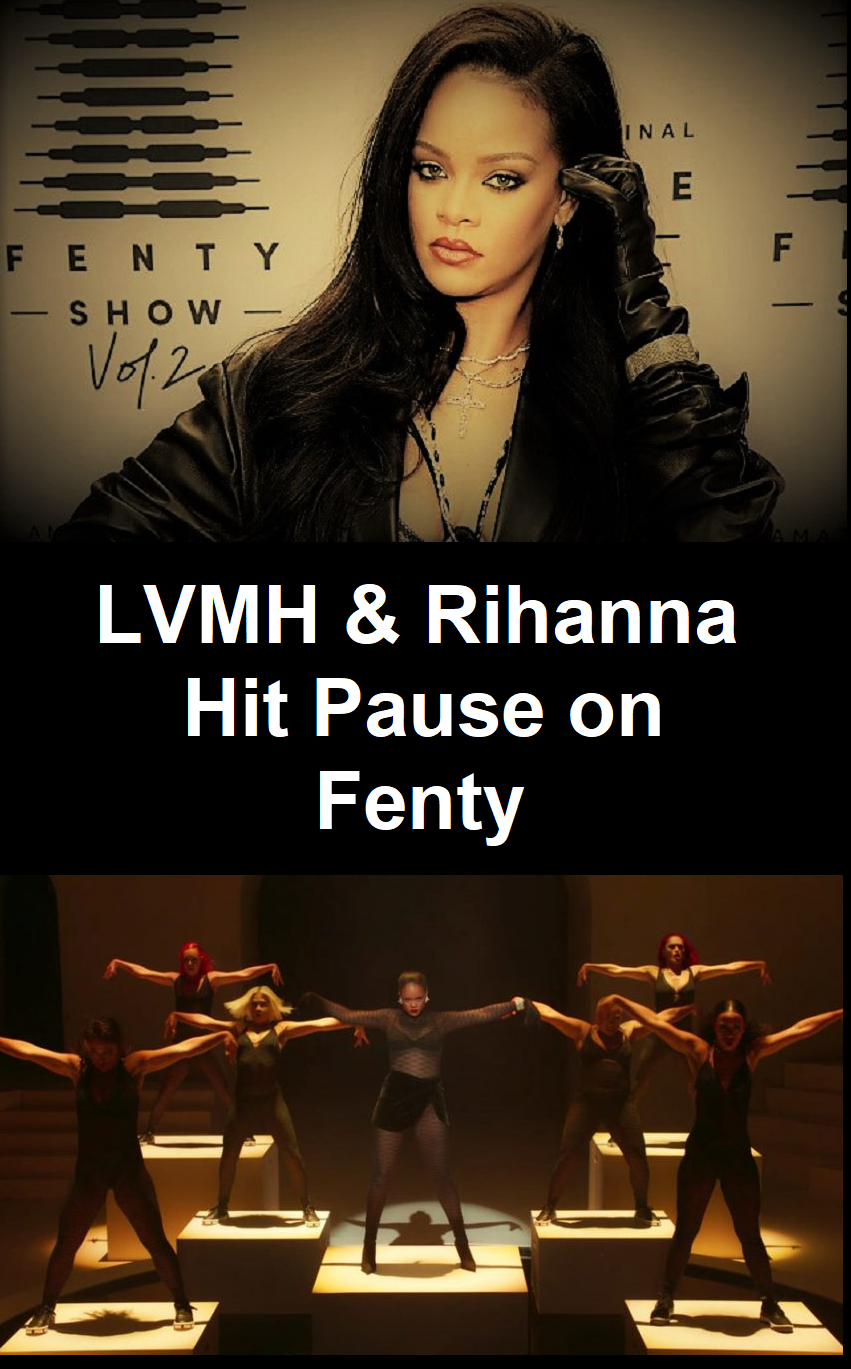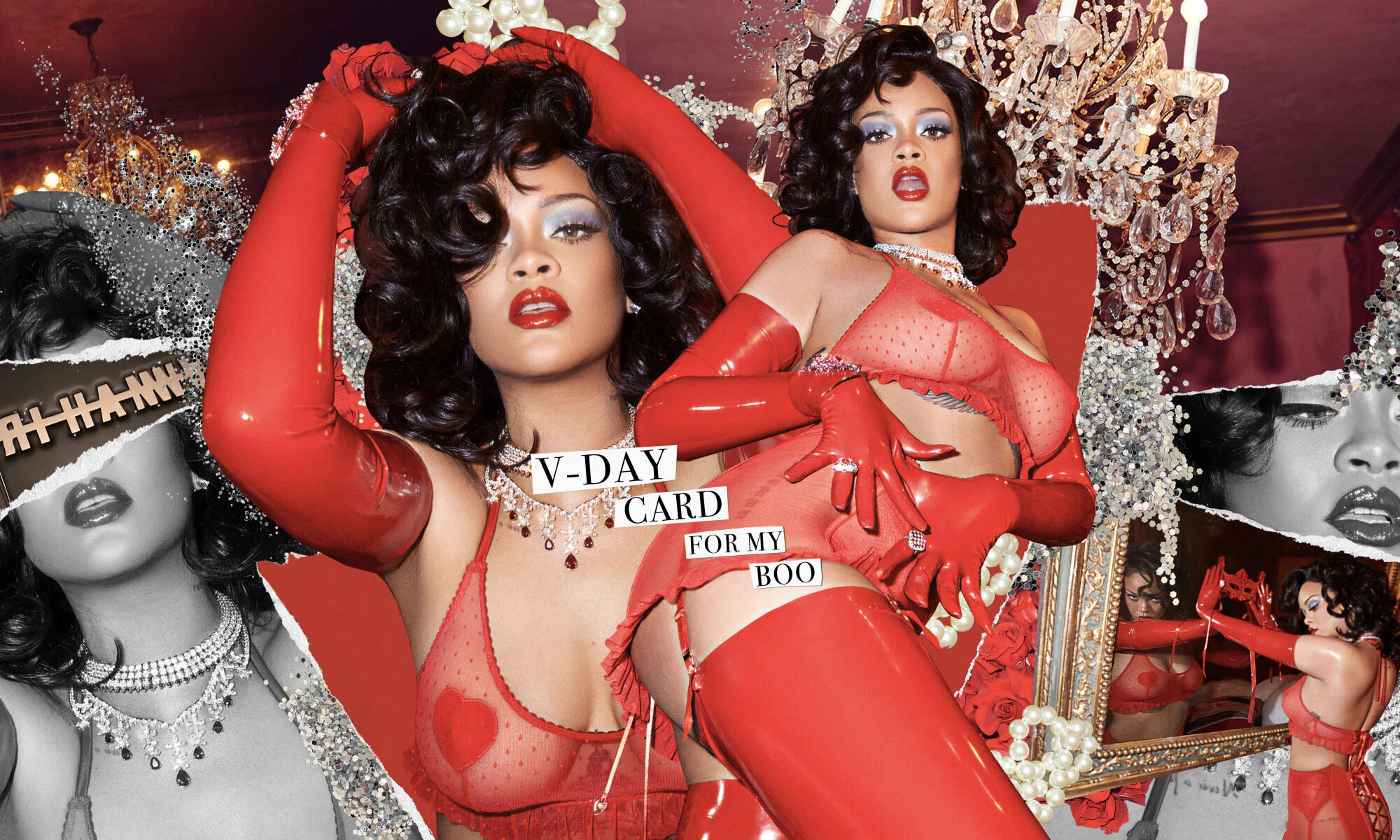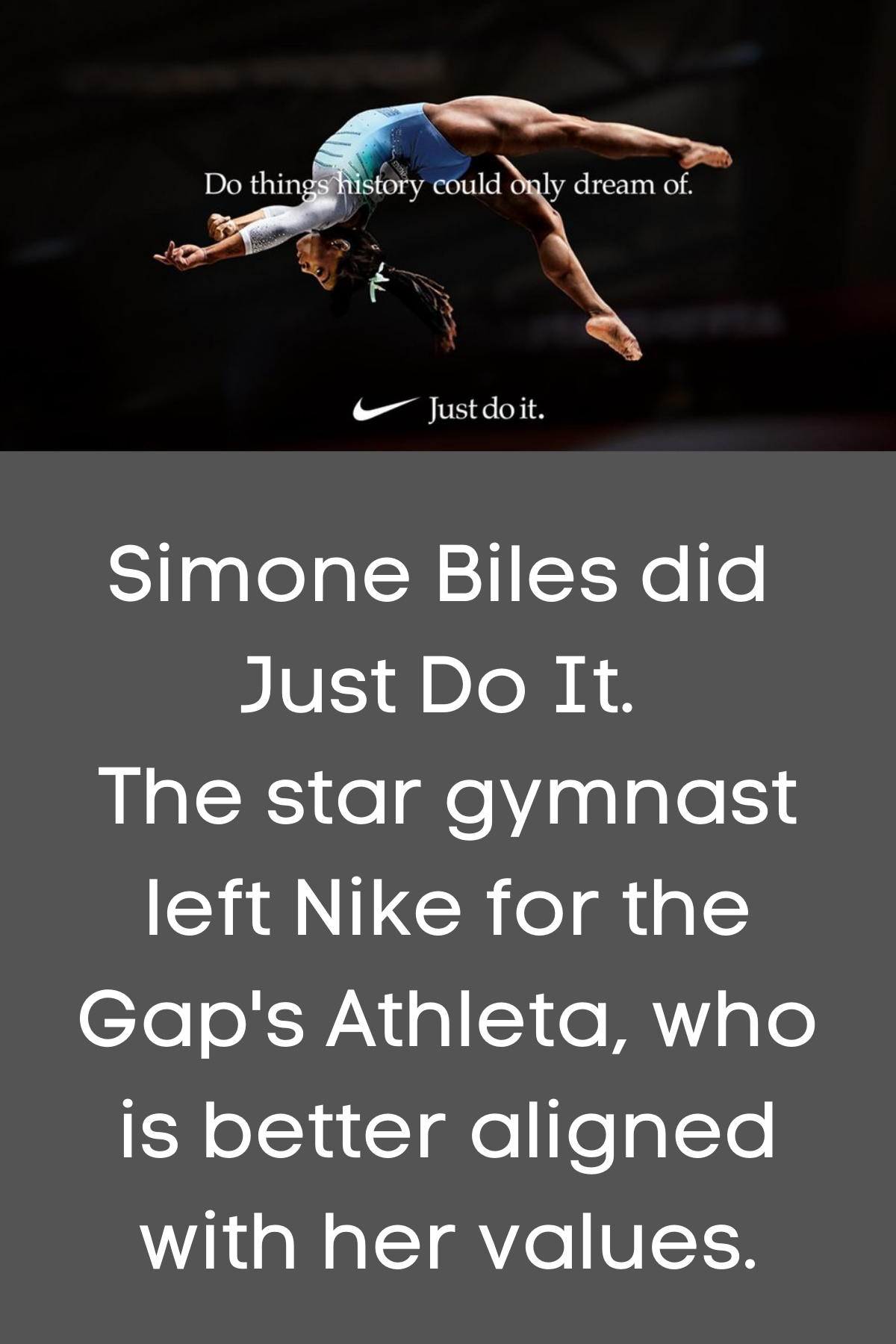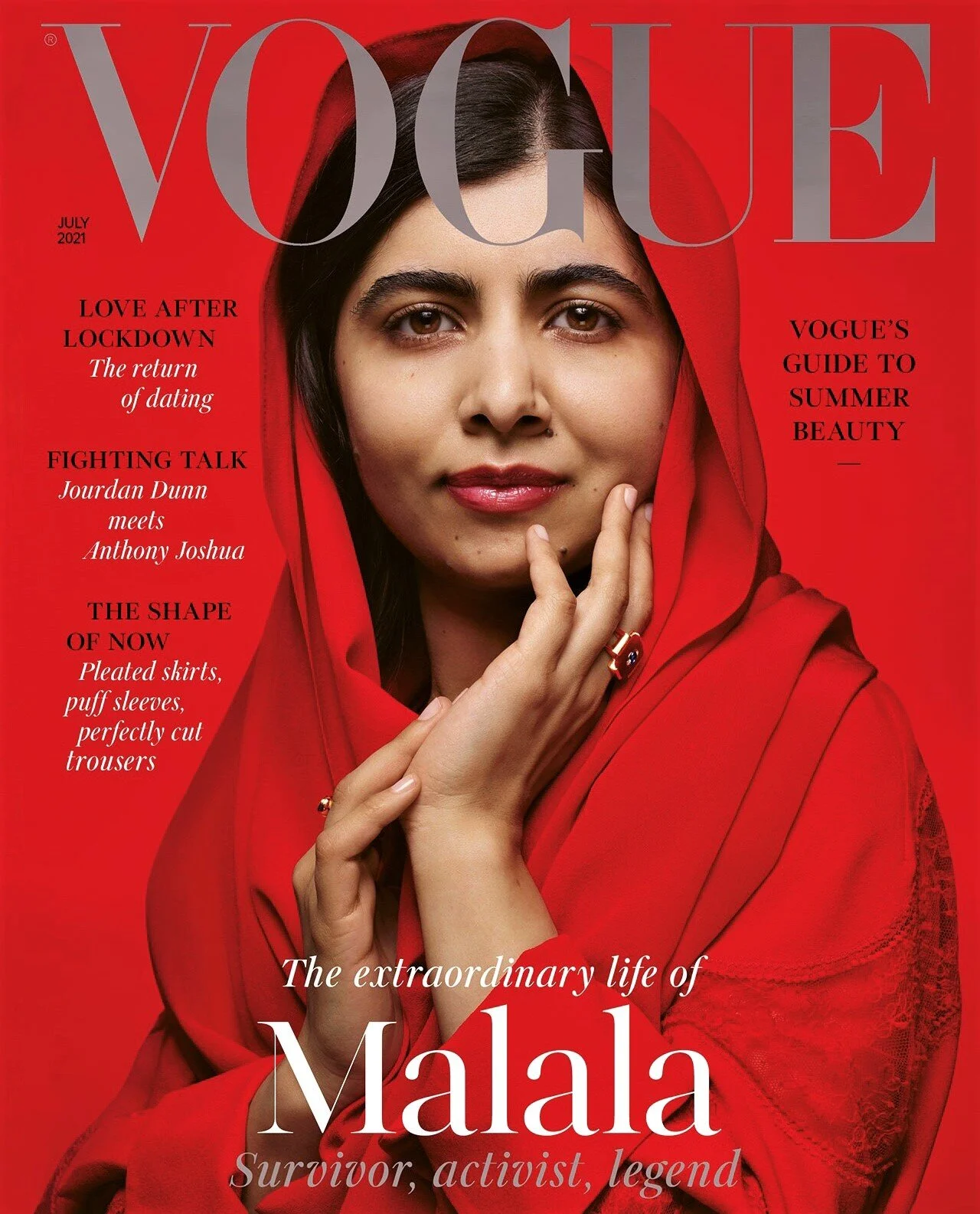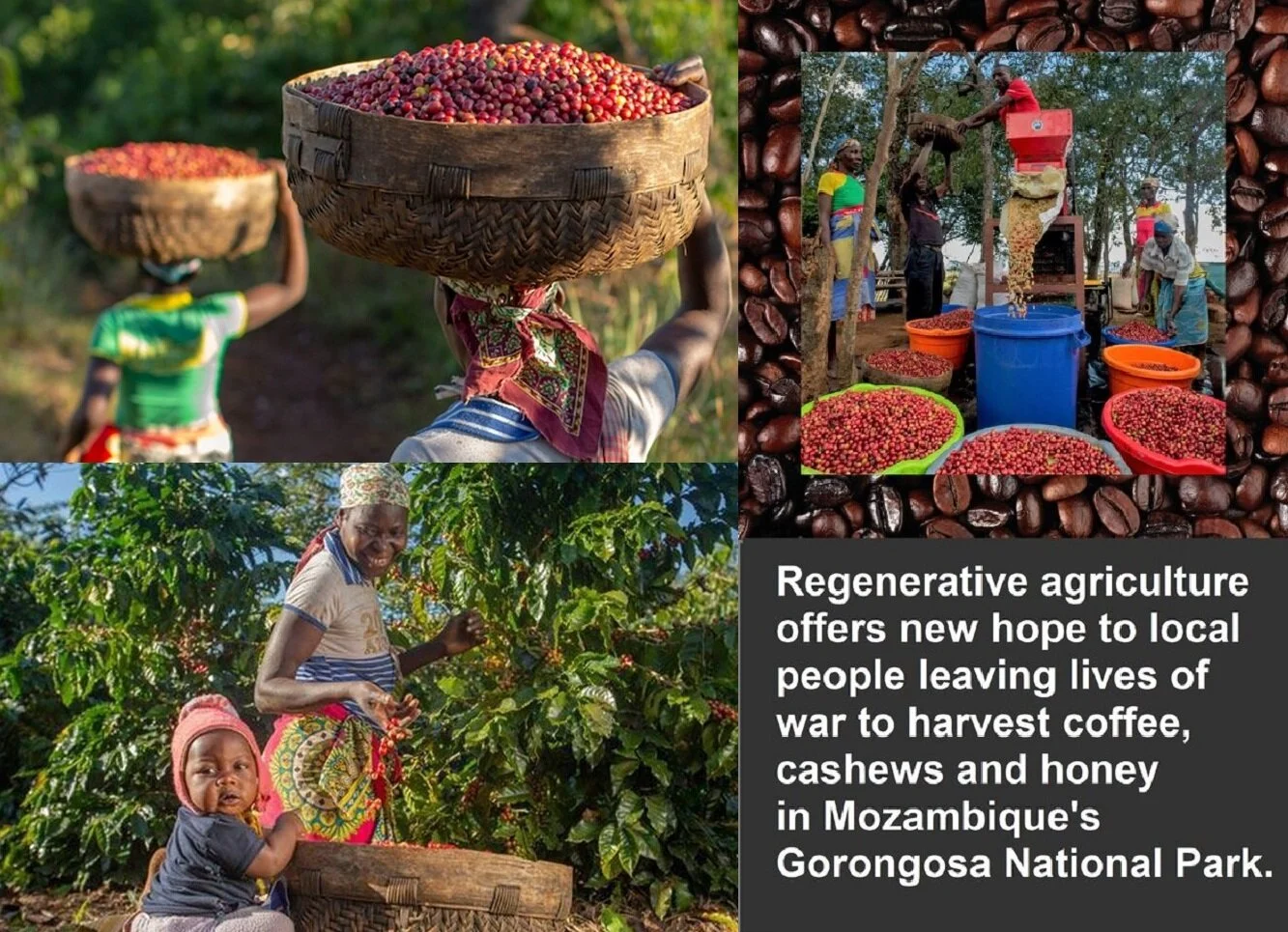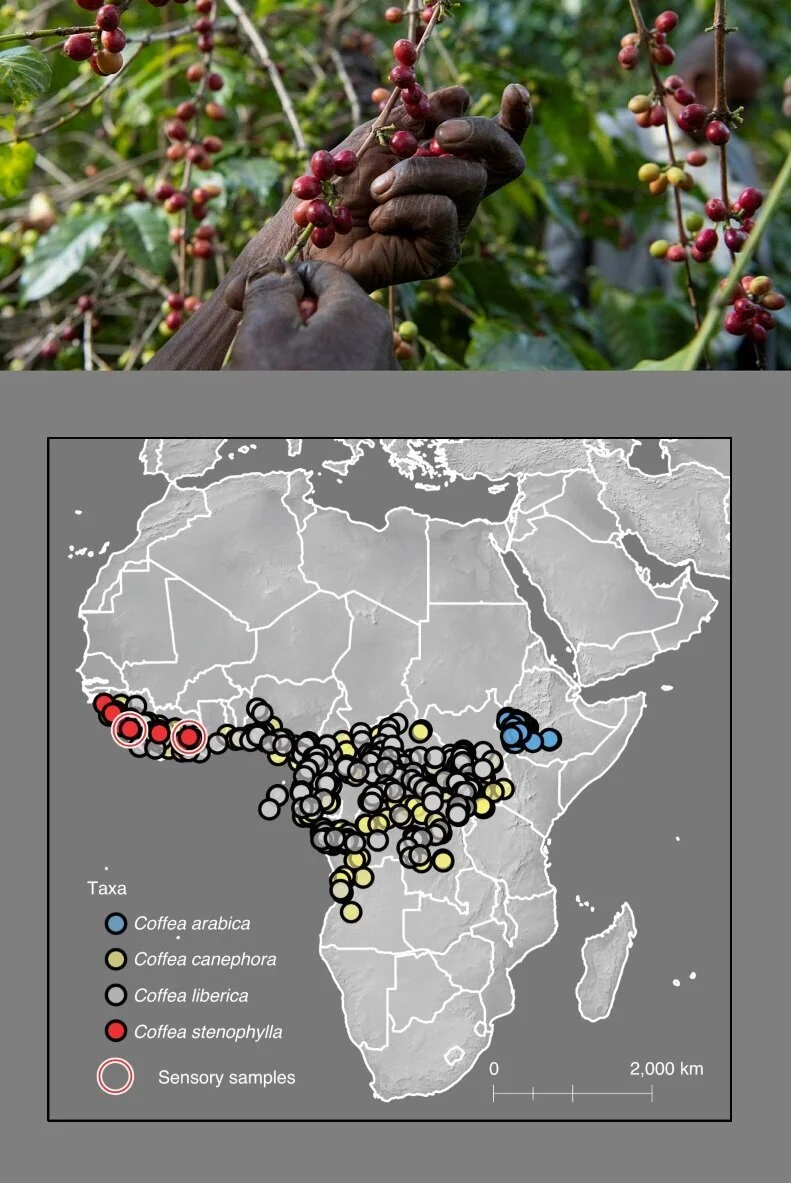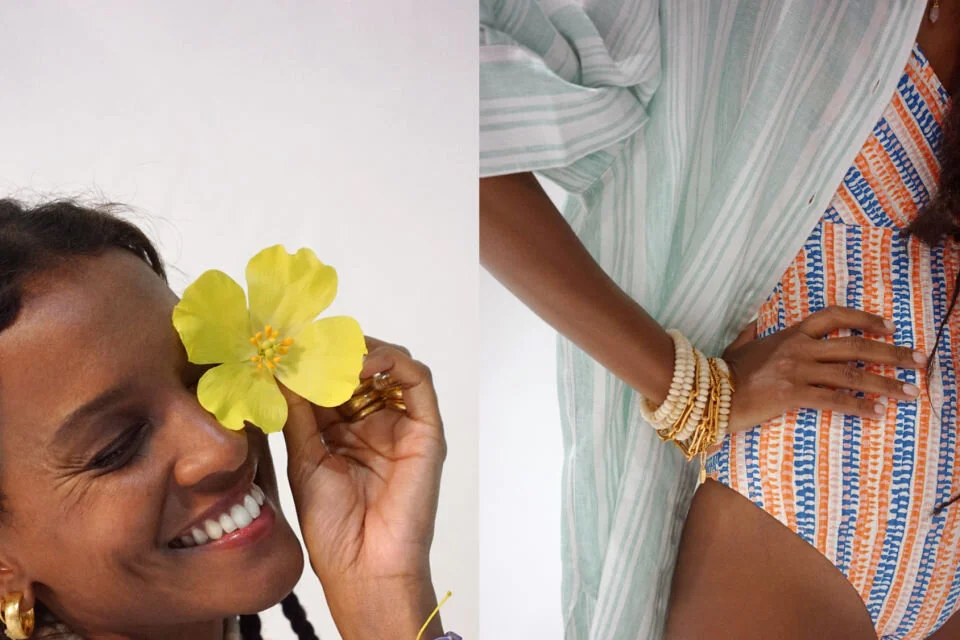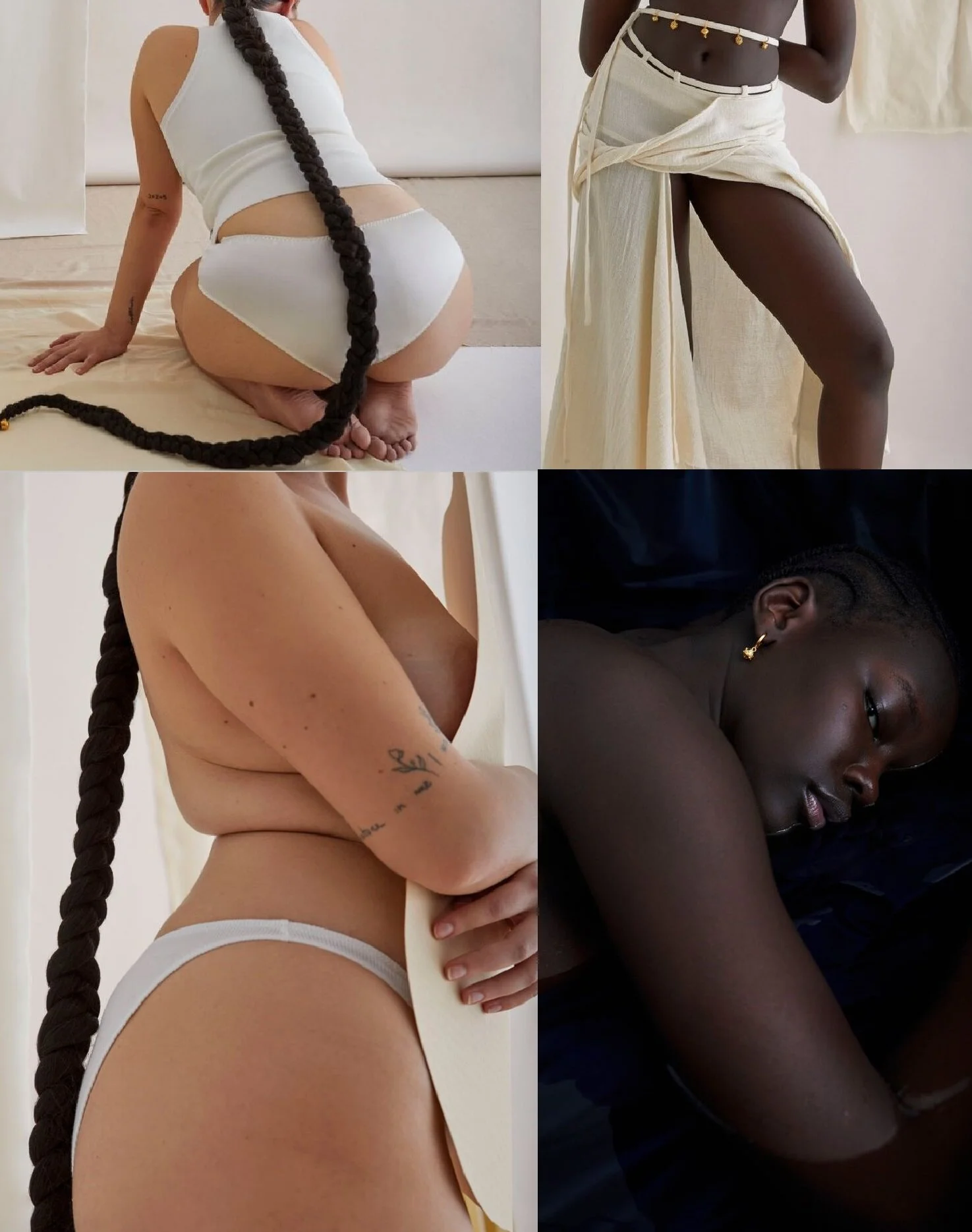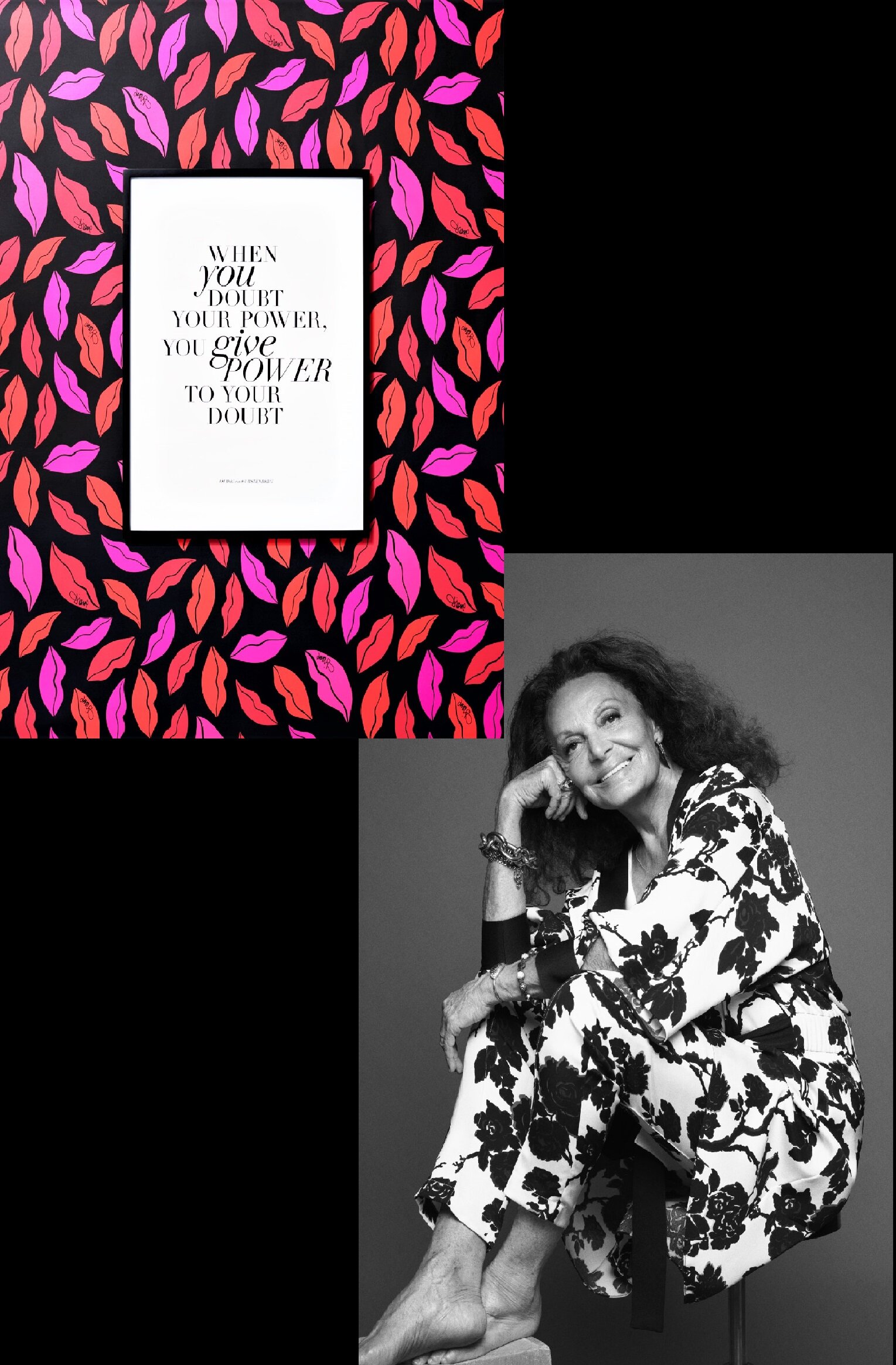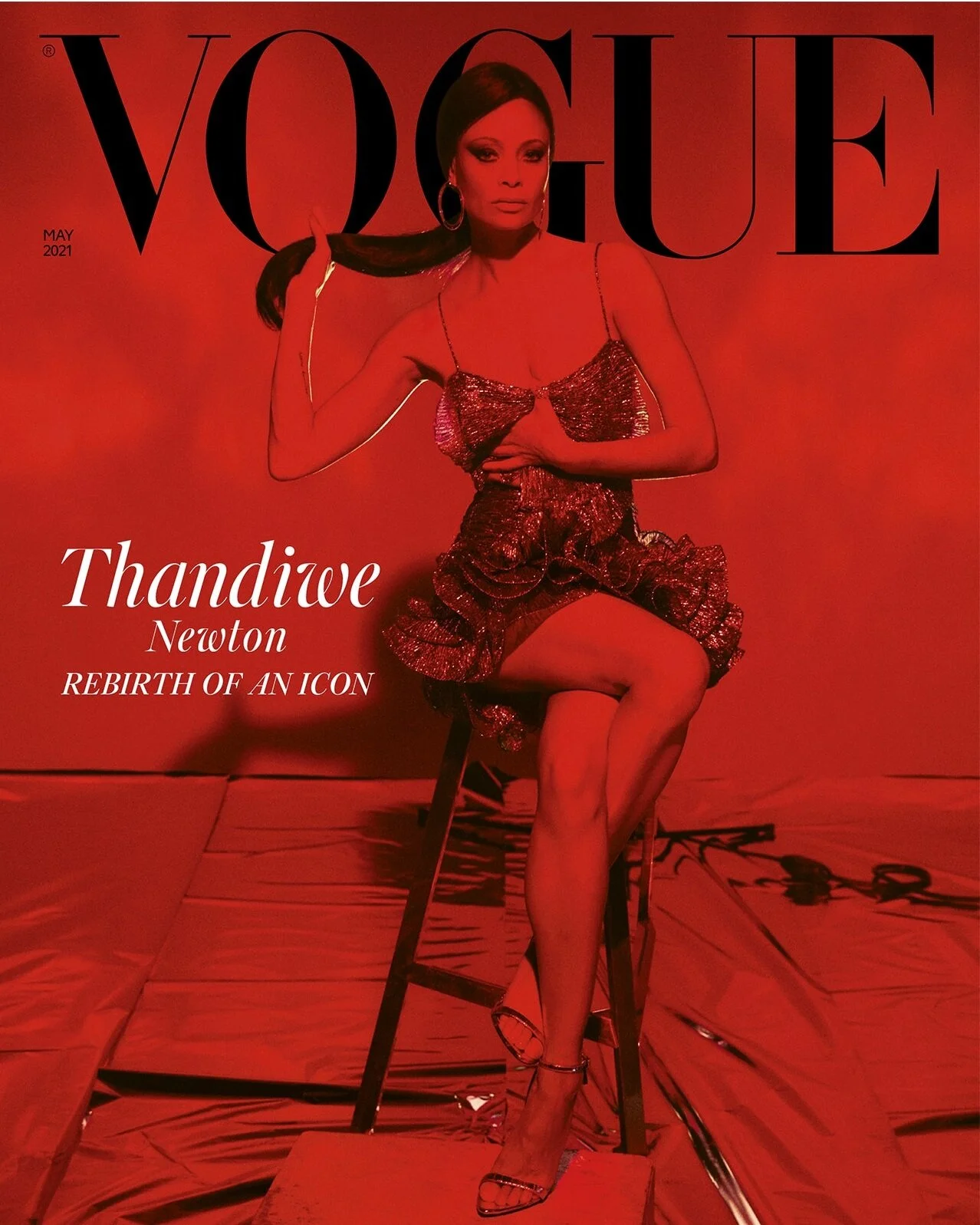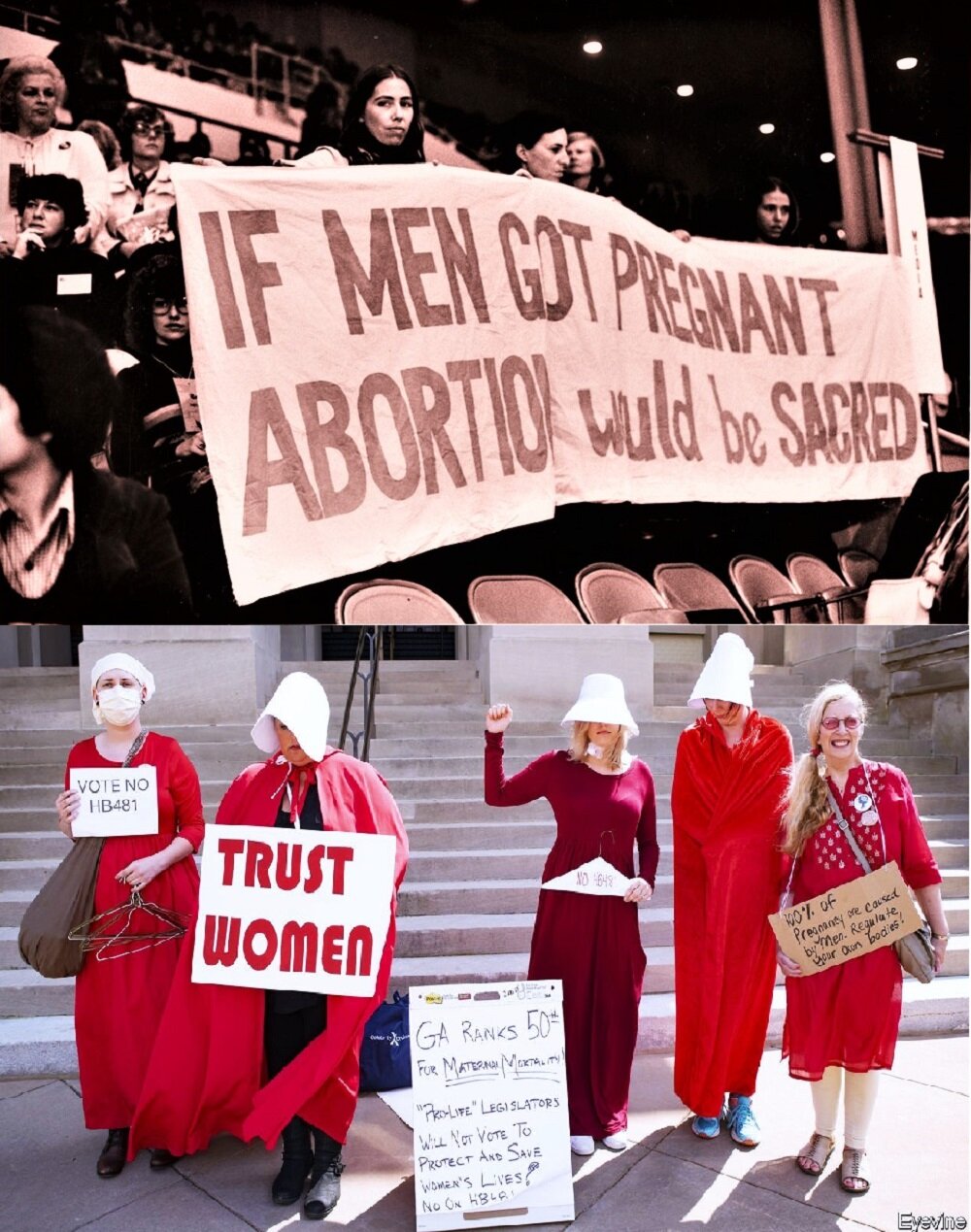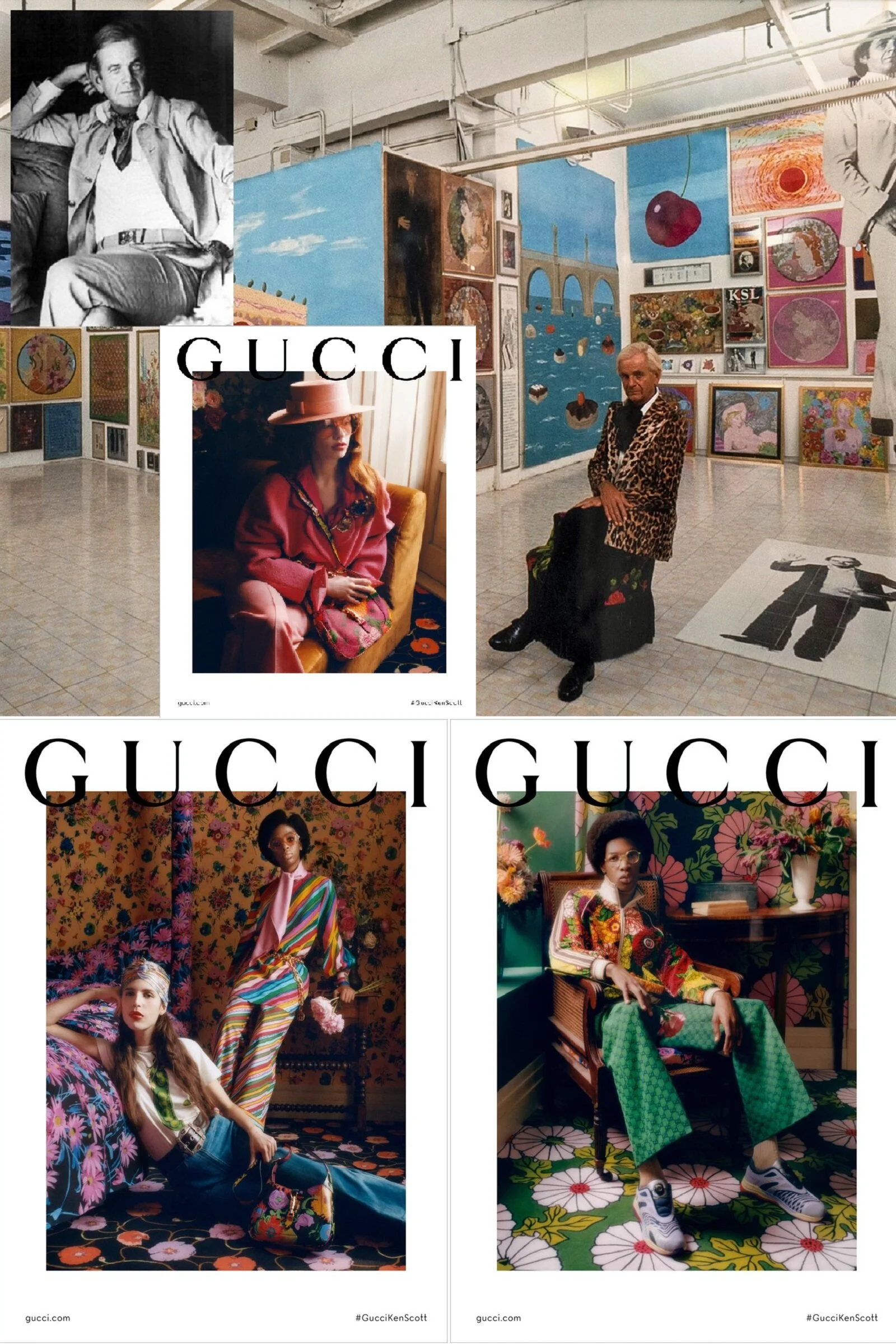Savage X Fenty ,Valued at $1 Billion, Is Poised To Rival Victoria's Secret and Win
/When LVMH and Rihanna agreed to hit ‘pause’ — perhaps a very long pause — on Fenty, it only confirmed the reality that even Rihanna cannot gear up a global luxury brand of fashion clothes during a pandemic. Vanessa Friedman and the New York Times explained the ‘situation’, as both parties — LVMH and Rihanna agreed that the decision was a joint one.
The brand is not officially closed and Rihanna remains part of LVMH. Friedman pursue the analysis as a reminder “that just because someone has an enormous cultural following and no-holds-barred taste, it does not mean they will make great, original clothes..”
AOC’s interest is the $115 million fundraising round for Savage x Fenty by L Catterton, a private equity firm connected to LVMH. We reported in December that the partnership both put swimwear brand Seafolly into administration in Australia in June 2020 and then bought it back again at an attractive price near year’s end. This new round of fundraising resulted in Savage’s valuation exceeding $1 billion, wrote Fast Company.
Savage x Fenty is poised to
I hadn’t read any projections that Rihanna’s Savage x Fenty lingerie and beauty brands could exceed the struggling Victoria’s Secret brand. But the thought has crossed my mind more than once — and noted on AOC. Savage x Fenty just wiped the Victoria’s Secret floor with their recent Valentine’s Day campaign, leaving VS to look like a rudderless ship that’s turning in circles.
If Victoria’s Secret didn’t have their For Love & Lemons collab, the brand would visually appear to be even more adrift. (Note, that Anne (me) was the fashion director and head of product development for Victoria’s Secret during the glory years. I resigned over the increasing brand positioning differences between myself and Ed Razek, and our abandoning our relationship with women to give the brand to guys.
Rihanna and I share the view that women should control our sexuality on our own terms. And that includes a sexual mindset that is hotter than Hades. “She’s unapologetic,” says Savage co-president Christiane Pendarvis. “What she does is for herself and not for someone else. That’s what we try to embody at Savage: Giving that power and control back to all women.”
Pendarvis was VP of Merchanding at Victoria’s Secret from 2004 to 2008. That’s a short run, so Pendarvis may have had her own ‘issues’ with the growing boys club at VS. And while I cannot state that I ever imagined taking Rihanna’s approach to coverying every body out there in the lingerie of her choice, I definitely fought to expand our range of sizing into the mainstream of American women.
One thing is clear — besides the brilliance of Rihanna’s merchandising instincts — and that of her team. Rihanna has access to big money and important relationships. With her commitment to Amazon — avoided by so many upscale brands — Rihanna could pitch Jeff Bezos for an investment. And when Bernanrd Arnault is in your corner and you deliver results, money is not a problem.
As the mogul moves to build lingerie stores, her full-frontal confrontation with Victoria’s Secret will become even more overt. After spending some time pursuing the question as to whether or not Savage x Fenty could become bigger than Victoria’s Secret, the answer appears to be a definitive ‘yes’.
To put it as plainly as I can, it would be such ‘Just Desserts’ for VS — and delivered by a black woman, no less. I love it. ~ Anne
